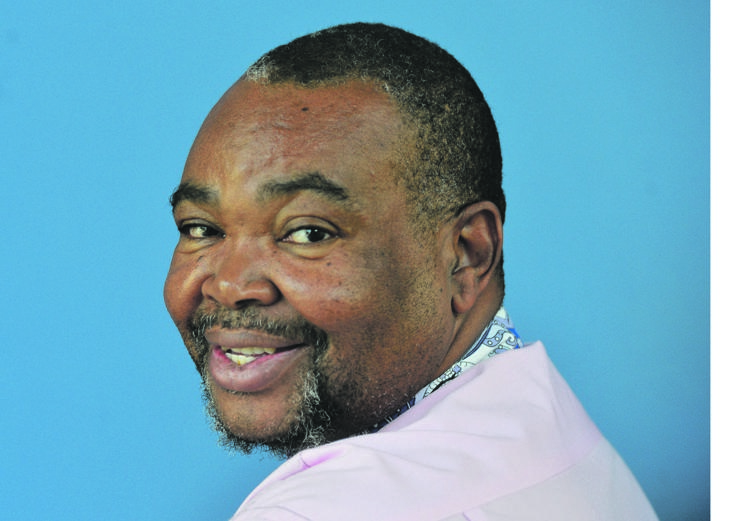
I’ve lost count of how many times I have read and heard of former football stars becoming hobos.
Many of them die in such a state of destitution that Good Samaritans have to gather money to give them a decent funeral rather than have them buried as paupers.
Every time a former football star becomes gravely ill or passes away, there is a scramble to collect donations to deal with the situation. There is nothing wrong with this as it is part of ubuntu, however, I think it is time we dealt with the cause rather than the end result.
The world over, sports stars are usually the highest-paid individuals in their countries – sometimes earning 10 times more than ordinary folks.
They earn much more than graduates, specialists and even politicians.
However, it seems like the idea of saving for rainy days is a foreign concept to many of them.
It has been pointed out time and again that a sports career is very short-lived.
While many folks can work for 40 or more years before retirement, football players are lucky to last a decade in employment.
What this means is that, with all the bagfuls of moolah they make, they must ensure that they buy their properties for cash or repay the bond in a much shorter period than the standard 20 years.
It also means that they must ensure that they are properly insured and have good medical aid that will see them through life.
George Best, the late former Manchester United great – regarded as one of the greatest players and dribblers of all time ... combined pace, skill, balance, feints, two-footedness, goal scoring and the ability to easily beat defenders – said these famous words: “I spent a lot of money on booze, birds and fast cars. The rest I just squandered.” Many players do the same.
He also famously said: “In 1969, I gave up women and alcohol – it was the worst 20 minutes of my life.”
These quotes might sound funny, but the sad truth is that it is still happening in today’s generation.
My father’s generation of players in the 50s, according to one of many anecdotes he told me, used to be taken to some restaurant in town after playing in the Natal XI against a Transvaal XI or any other provincial side. They would be served samp and tripe and then be given bus fare, which in his case was 5c (known as uzukwa), which was enough to take him from the Durban city centre to St Francis College in Mariannhill, where he was a student.
It was only after the formation of the National Professional Soccer League in 1971 that black players started earning salaries from playing football. Even then, most were part-timers with two jobs.
But so historic was the formation of this organisation that some referred to it as “the Airborne League” because this was going to be the first time that clubs flew to their match destinations.
This alone is an indication that there was already money coming into the game.
Little as their earnings were, they were still far better off than most folks at that time.
However, many of those first professional black soccer players became a poor reflection of their former stardom status as they were buried as paupers.
And here is a spot of bother for yours truly: Is it real that after 45 years – meaning we are closing in on a half-century of professional soccer for black players in this country – we are still faced with the same problems?
We can put the blame on the players, but there are other stakeholders that must shoulder it too.
Starting with Safa, which is the custodian of football in this country, and going to the PSL, the clubs and the SA Football Players Union, it can’t be that, after all these years, they still haven’t come up with a solution.
How many PSL clubs have player wellness programmes that not only nurture their football talent, but mould them into better human beings for the future?
For ages, Ajax Amsterdam has taken pride in themselves for what one of their directors once said: “At this club, we don’t only turn young boys into football stars, but into better human beings as well.”
Why can’t we collectively do this in this country rather than taking pride in always coming in as Good Samaritans after the damage has been done?
Let’s set up preventive measures to rid this country of this embarrassing bane!
Follow me on Twitter @Sbu_Mseleku




 Publications
Publications
 Partners
Partners








